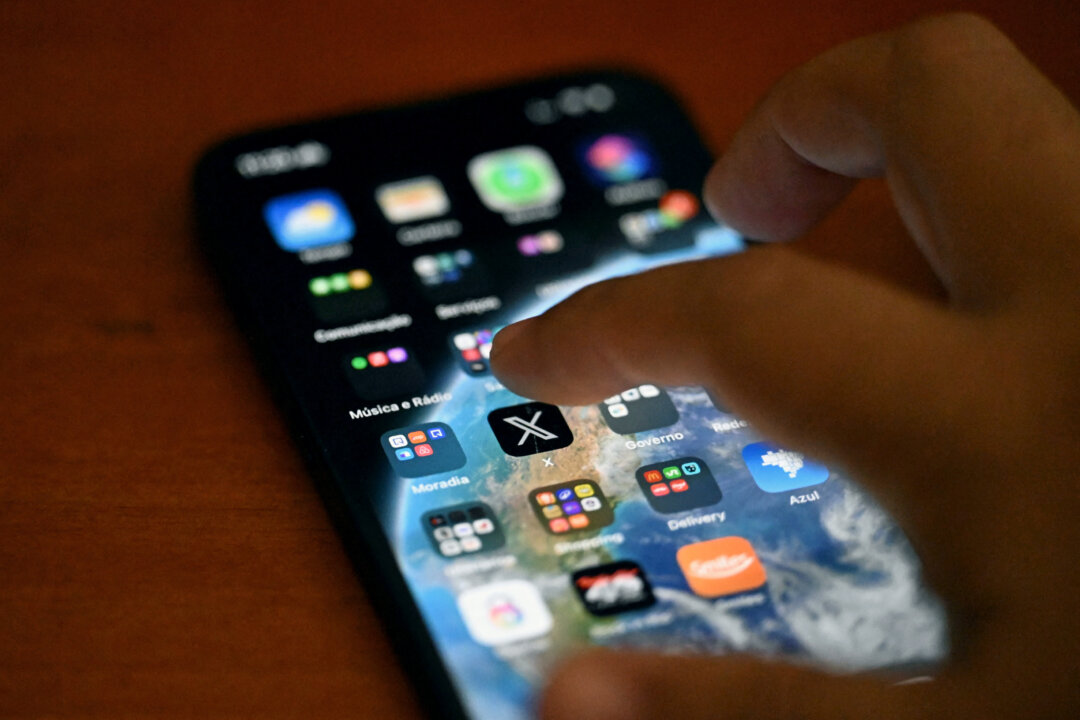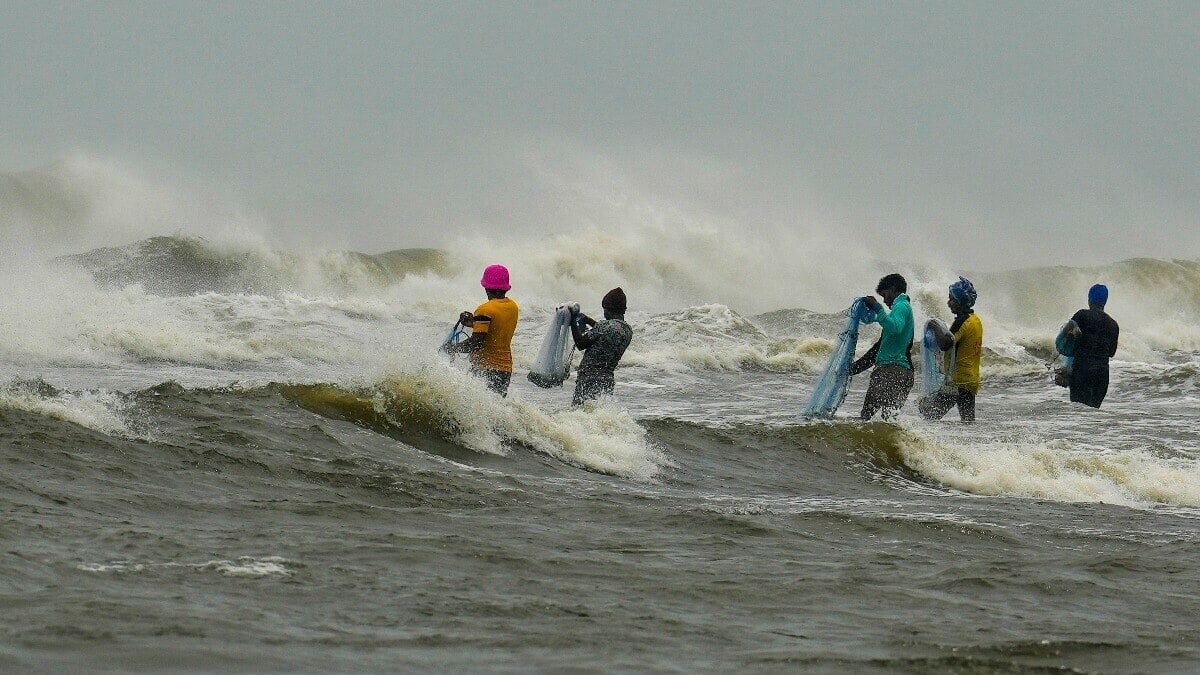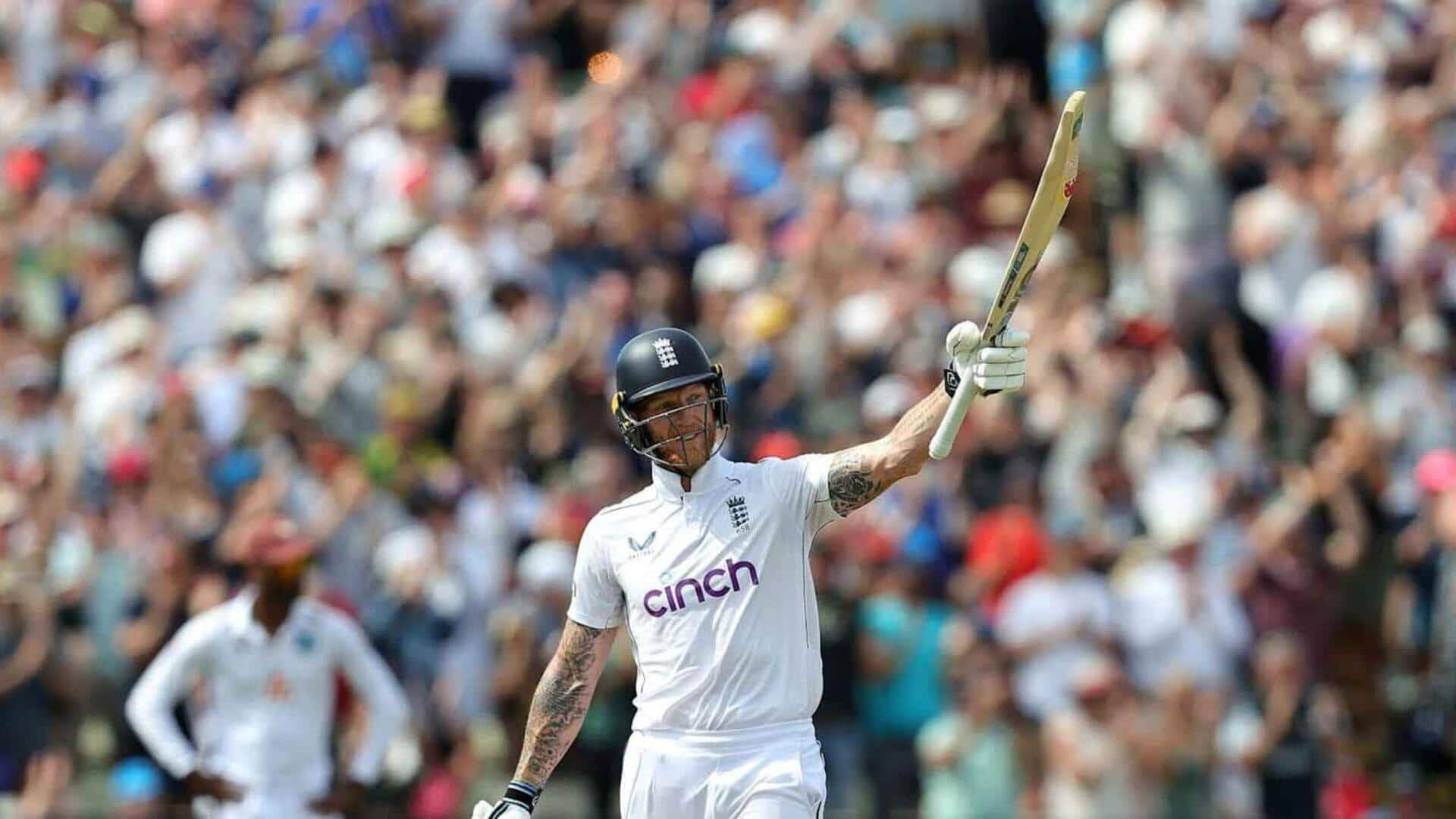
The Australian government has vowed to protect online privacy—and keep the digital ID away—under its “world first” social media ban for children under 16 years of age. Under the ban, social media companies face fines of up to $49.5 million (US$32.
2 million) if they fail to take “reasonable steps” to prevent under 16 year old’s from accessing their platforms. Children will be barred from accessing X, Facebook, Instagram, Snapchat, and Reddit, but not YouTube or educational programs. The move comes as authorities around the world grapple with rising mental health issues from children, as well as cyber-bullying, access to pornography, and youth crime.

During debate on Nov. 28, the Labor government with the support of the opposition, moved an amendment on the use of certain identification material and services. “Failure to destroy data would be a breach of the Privacy Act, with penalties of up to $49.
5 million,” the Albanese government said. “The bill also makes clear that no Australian will be compelled to use government identification (including Digital ID) for age assurance on social media. Platforms must offer reasonable alternatives to users.
” Speaking in support of the legislation, Liberal Senator Maria Kovacic said her party was wary of the digital ID. The Coalition and Labor teamed up in the Senate to support the legislation, with Senators Matt Canavan (Nationals) and Alex Antic (Liberal) crossing the floor. The Greens, One Nation and United Australia Party, along with independents Fatima Payman, Tammy Tyrell, and Gerard Rennick, voted against the bill.
The day after, Prime Minister Anthony Albanese said the government had passed important legislation to keep kids safe online. Communications Minister Michelle Rowland added, “Over the next 12 months, we’ll work closely with industry and experts to ensure the minimum age is effectively implemented, informed by the findings of the Age Assurance Technology Trial currently underway.” Senator Antic also raised concerns about the bill being rushed after only being introduced to the Senate a week ago.
“The fact that we are standing right here now, rushing with 10 minutes to go, when many of us couldn’t even make proper contributions to a second reading debate is a disgrace,” he said. “We have spent all day talking about ourselves in this building by the way, as we do all the time, and we’ve crammed this critical legislation into making senators juggle between ministerial answers which are being filibustered, I mean this is just not a way to conduct a democracy and I think we are much the poorer for it.” Meanwhile, Greens Senator Hanson Young described the legislation as a “rubbish bill” with no substance and “weak.
” “It is to make old people to feel like they’ve done something. It’s a false sense of security. It’s also obvious that the people who have drafted and fought for the particular elements of this bill actually have no idea how young people engage with the internet,” she said.
“I mean this is boomers, trying to tell young people how the internet should work. That’s what this bill is.” However, similar measures to limit access to social media have been occurring across the world.
In France, a law was passed in 2023 requiring social media platforms to obtain parental consent for children under 15..










